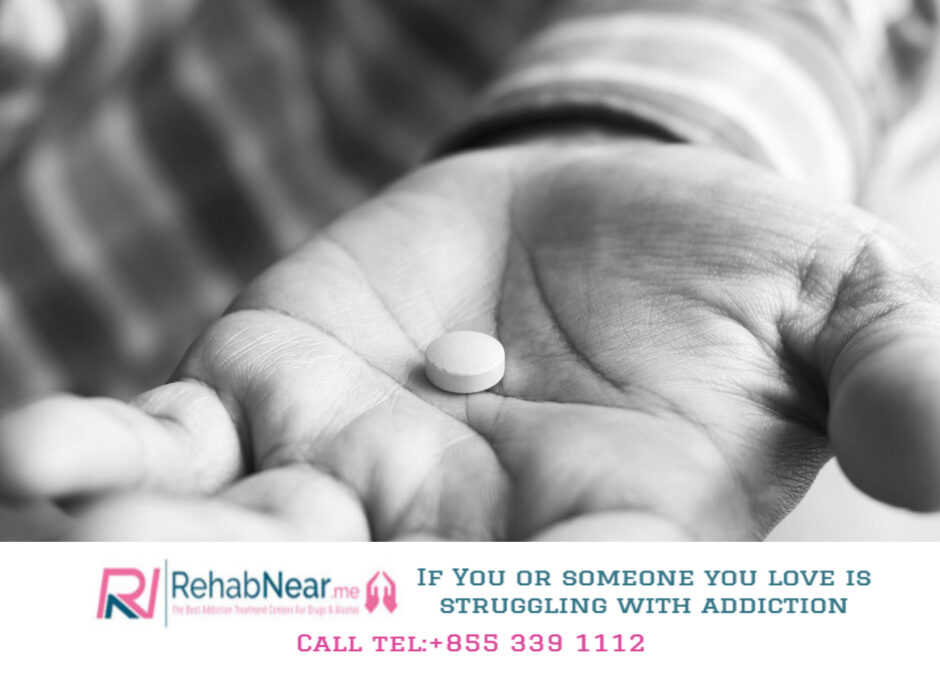The opioid epidemic continues to ravage communities across America. Overdose deaths from prescription opioids like OxyContin and illegal opiates like heroin reached record highs in recent years. Behind this public health crisis is a complex web of factors, but the Netflix documentary series ‘Painkiller’ pinpoints one significant driver – the rise of the powerful opioid painkiller OxyContin.
Released in 2020, ‘Painkiller’ offers an eye-opening investigation into how drug maker Purdue Pharma pushed OxyContin into the mainstream and downplayed its highly addictive nature. Despite warnings from experts, Purdue aggressively marketed OxyContin to doctors as a safe wonder drug for chronic pain management. This contributed to the over-prescription of OxyContin in the 1990s and 2000s.
For many patients, what started as doctor-approved pain relief turned into a full-blown addiction with devastating consequences. ‘Painkiller’ shares devastating stories of lives lost to OxyContin addiction. It reveals how addiction to the drug rewires the brain, leading to intense cravings and dependence. Even trying to stop use becomes extremely difficult due to painful withdrawals.
Signs of OxyContin addiction include building up a tolerance, needing more pills to get the same effect, unsuccessful attempts to cut back or quit, and use impacting one’s work, finances, or relationships. As the addiction progresses, people often move to more potent opiates like heroin when they can no longer obtain enough OxyContin.
The human toll from OxyContin addiction and the broader opioid epidemic is staggering. ‘Painkiller’ highlights these victims and a pharmaceutical company’s greed that puts profits over people.
For those currently addicted to OxyContin or other opioids, the film also offers a sobering reminder to seek help. Breaking the bonds of this addiction is exceedingly tricky without comprehensive treatment like that shown through reputable rehab centers. With medical supervision, therapy, and support, recovery is possible.
‘Painkiller’ provides a powerful look into the roots of a still-raging public health crisis. The lessons it imparts are essential for understanding the true impact of the opioid epidemic and the vital need for responsible pain management policies and addiction treatment access.”
Rehab is Your Best Chance
Treatment is an addicted individualʼs best option if they want to recover. Beating an addiction not only requires eliminating the physical dependence, but also addressing the behavioral factors that prevent them from wanting to get better. Simply quitting may not change the psychological aspect of addiction. Some people quit for a while, and then take drugs or alcohol again, only to overdose because they did not detox properly. Recovery involves changing the way the patient feels, thinks, and behaves.








